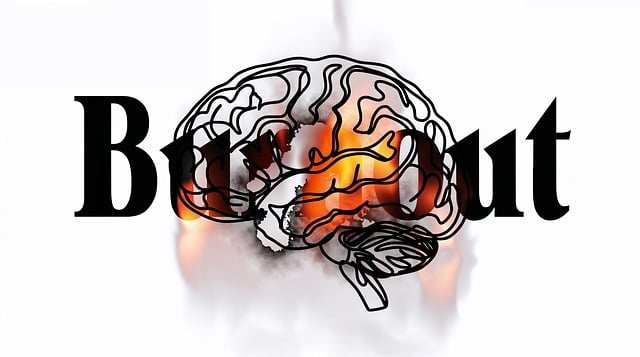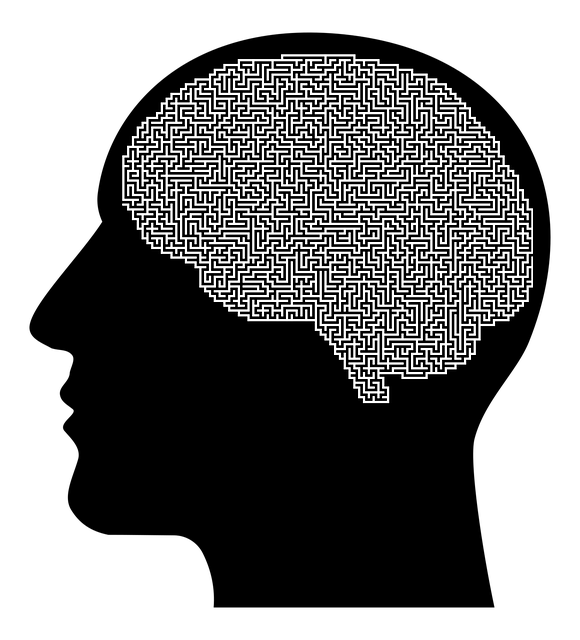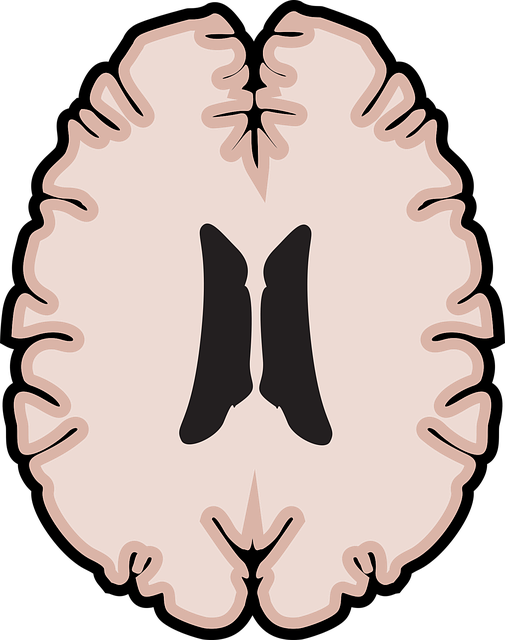Northglenn offers a comprehensive trauma support system integrating Acceptance and Commitment Therapy (ACT), Mindfulness Meditation, Mental Wellness Journaling, and Social Skills Training. ACT promotes self-compassion, coping strategies based on Mind Over Matter principles, and self-care practices, empowering individuals to accept past experiences, boost self-esteem, and commit to actions aligned with personal values for enhanced trauma recovery.
Trauma can have profound, lasting effects on individuals, shaping their mental health and daily lives. Understanding trauma’s impact is crucial for providing effective support. This article explores Northglenn Acceptance and Commitment Therapy (ACT), an evidence-based approach proven to help clients overcome traumatic experiences. We delve into the implementation of comprehensive trauma support services, emphasizing the importance of tailored care. By combining ACT with holistic strategies, these services foster healing and resilience in individuals navigating the aftermath of trauma.
- Understanding Trauma and Its Impact on Individuals
- Northglenn Acceptance and Commitment Therapy: An Effective Approach
- Implementing Comprehensive Trauma Support Services
Understanding Trauma and Its Impact on Individuals

Trauma is a profound and complex experience that can have lasting effects on an individual’s mental and emotional well-being. It arises from various sources, such as violence, abuse, accidents, or catastrophic events, leaving deep imprints on the mind and behavior. Understanding trauma involves recognizing its impact on the brain and body, often leading to symptoms like anxiety, depression, flashbacks, and intense emotions. These responses are part of the body’s natural defense mechanism, known as the fight-or-flight response, but when trauma persists, it can disrupt daily functioning and overall quality of life.
In Northglenn, Acceptance and Commitment Therapy (ACT) has emerged as a powerful tool in supporting individuals who have experienced trauma. ACT encourages clients to accept their feelings and emotions without judgment, fostering a sense of self-compassion. By adopting Mind Over Matter principles, therapists help individuals develop coping strategies to manage traumatic responses and engage in meaningful actions despite difficult emotions. Additionally, promoting Self-Care Practices and Mental Illness Stigma Reduction Efforts plays a pivotal role in the healing process, enabling people to navigate their trauma journey with resilience and hope.
Northglenn Acceptance and Commitment Therapy: An Effective Approach

Northglenn Acceptance and Commitment Therapy (ACT) is a powerful approach that has been proven effective in trauma support services. This therapeutic method focuses on helping individuals accept their experiences, while encouraging them to commit to actions that align with personal values. By fostering self-esteem improvement and teaching essential communication strategies, ACT enables clients to navigate the complexities of trauma recovery with greater ease.
One key aspect of Northglenn ACT is its emphasis on mental wellness journaling exercises guidance. This process allows individuals to explore their thoughts and emotions in a safe, structured environment. Through regular journaling, clients gain deeper insights into their experiences, fostering self-awareness and empowering them to make positive changes in their lives. By combining these techniques, Northglenn ACT offers a comprehensive approach to trauma support, helping individuals heal and thrive.
Implementing Comprehensive Trauma Support Services

Implementing comprehensive trauma support services involves a multi-faceted approach designed to meet the unique needs of individuals who have experienced traumatic events. In Northglenn, Acceptance and Commitment Therapy (ACT) has emerged as a powerful tool in this domain. By focusing on present-moment awareness and accepting difficult thoughts and feelings without judgment, ACT helps clients cultivate flexibility and engage in valued actions despite challenges. This therapeutic approach is complemented by other effective strategies like Mindfulness Meditation, which encourages individuals to develop a deeper connection with their inner selves, fostering resilience against trauma’s lingering effects.
Furthermore, integrating Mental Wellness Journaling Exercises and Social Skills Training enhances the overall support system. Journaling provides a safe space for clients to process their experiences, track progress, and identify triggers or coping mechanisms that work best for them. Social Skills Training equips individuals with the tools to navigate relationships and communicate effectively, fostering a sense of belonging and reducing feelings of isolation, common aftermaths of trauma. These interconnected services create a holistic environment where every aspect of an individual’s well-being is tended to, promoting healing and recovery.
Trauma support services have evolved to meet the growing need for effective treatment options. By understanding the profound impact of trauma on individuals, we can implement comprehensive approaches like Northglenn Acceptance and Commitment Therapy (ACT) to foster healing. ACT has proven its efficacy in helping people develop mental flexibility, accept difficult thoughts and emotions, and commit to valued actions. As we continue to navigate the complexities of trauma, embracing innovative therapies and creating accessible support systems is crucial for positive outcomes and improved quality of life.












